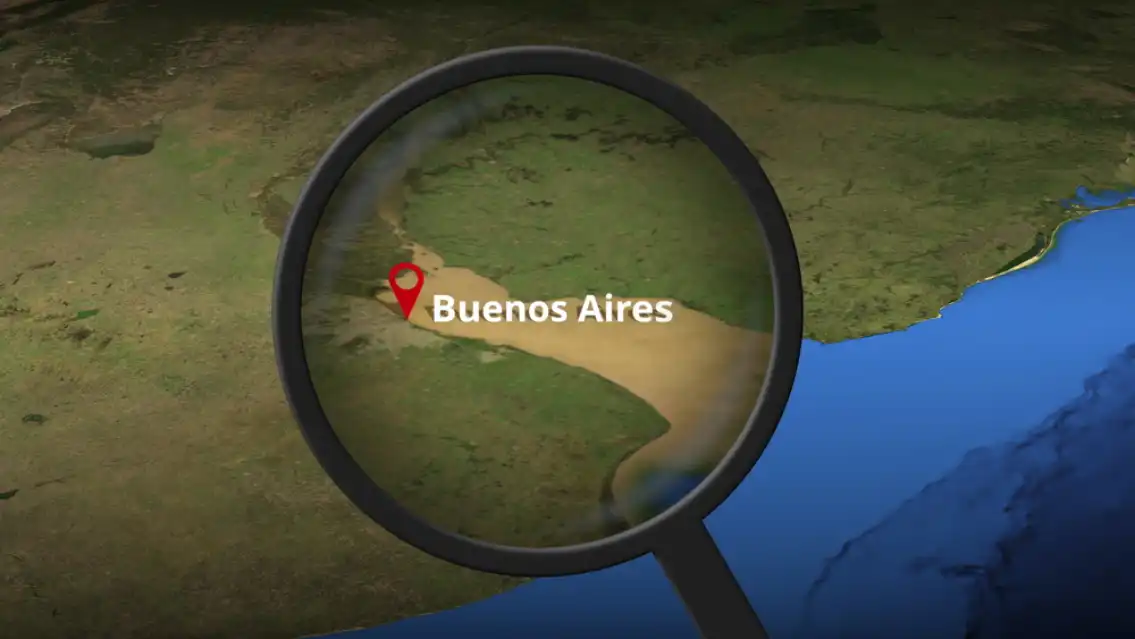5 Tips for Studying Abroad in Buenos Aires

Buenos Aires is the soul of Argentina. You come here and won’t leave without tons of memories. It is the place to be if you are modern, culturally open, and interested in the charismatic life of South Americans. While the city is quite popular for its highly touristic appeal, it is also a common choice among international students. It remains one of the safest places on the continent and has an international appeal. But, is that all you need to know to study here? Well, of course, NO!
Just like any other city, big or small, it has its own peculiarities. It may be a bustling city of history, colors, creeds, amusements, and lifestyles but certainly not the kind that will settle easily on you unless you are well prepared. This is, especially, true for those who are coming from beyond South America.
In case you are coming to Buenos Aires, I have a handful of tips to offer. Just know these basic details about the city, and you should have a good start. I would dwell more on the aspects which will concern your daily life in the city. So, here we go!
-
-
Get your language lessons
Argentinians have historically witnessed immigration from all parts of the world, especially European countries. As a result, you can easily find populations speaking all kinds of languages, from English to Italian. That being said, Spanish is the official language, and you must strongly consider prepping yourself for it. Interestingly, Argentinian Spanish can be slightly difficult to grasp considering they use it significantly differently. Their pronunciations and the usage of sentences often differ and may not be readily understandable to those with mere textbook knowledge of the language. So, be prepared for linguistic problems because they will take time to die down.
-
-
Keep your stuff safe
By many South American standards, Buenos Aires is quite safe. However, like any other city, it is subject to petty crimes. There are certain things that are always unsafe in the city, especially jewelry and phones. It is advised that you do not parade your precious belongings outdoors because you will only invite trouble to yourself. Wear bags on the front, watch out for motorbike-borne thieves, and don’t open the door unless you are expecting someone (this is a thing in Argentina!). Other than these, the city is relatively safe but your belongings may be at a high risk of getting stolen. Take measures and you will be fine! -
Keep your stuff safe
By many South American standards, Buenos Aires is quite safe. However, like any other city, it is subject to petty crimes. There are certain things that are always unsafe in the city, especially jewelry and phones. It is advised that you do not parade your precious belongings outdoors because you will only invite trouble to yourself. Wear bags on the front, watch out for motorbike-borne thieves, and don’t open the door unless you are expecting someone (this is a thing in Argentina!). Other than these, the city is relatively safe but your belongings may be at a high risk of getting stolen. Take measures and you will be fine! -
Save money on transportation
Being an expensive city, you will end up spending a good amount on transportation here. Embrace the Argentinian way and travel in colectivos or local buses. They are the most viable and cheapest form of public transportation in the country–and in Buenos Aires, there is a very highly well-connected network of colectivos. Yes, the experience may not be smooth for first-timers but you will get used to it. It is highly recommended that you purchase a transportation card available at post offices; or else, you will end up paying the fare in coins which are not easy to get here. -
Don’t splurge on mindless eating
The capital city can end up being a financial burden if you don’t watch out for certain things and one of them is food expenses. Student budgets are very limited anyway, and food is one aspect of life where the money goes out often without notice. Mind you, you will get tempted into eating the delicious, and often bizarre, local cuisine; but don’t spend too much on outdoor eating. Instead, avail of the cheap offers at supermarkets and cook at home. Being a vegetarian would be hard but you will be able to get by if you looked around a bit.
Add CEOWORLD magazine to your Google News feed.
Follow CEOWORLD magazine headlines on: Google News, LinkedIn, Twitter, and Facebook.
This report/news/ranking/statistics has been prepared only for general guidance on matters of interest and does not constitute professional advice. You should not act upon the information contained in this publication without obtaining specific professional advice. No representation or warranty (express or implied) is given as to the accuracy or completeness of the information contained in this publication, and, to the extent permitted by law, CEOWORLD magazine does not accept or assume any liability, responsibility or duty of care for any consequences of you or anyone else acting, or refraining to act, in reliance on the information contained in this publication or for any decision based on it.
Copyright 2024 The CEOWORLD magazine. All rights reserved. This material (and any extract from it) must not be copied, redistributed or placed on any website, without CEOWORLD magazine' prior written consent. For media queries, please contact: info@ceoworld.biz
SUBSCRIBE NEWSLETTER








